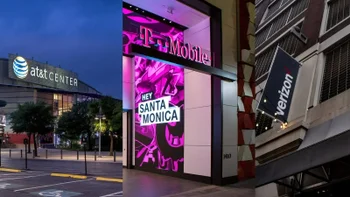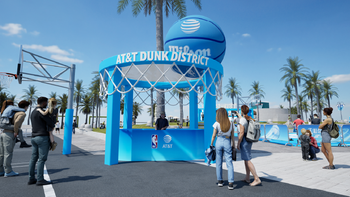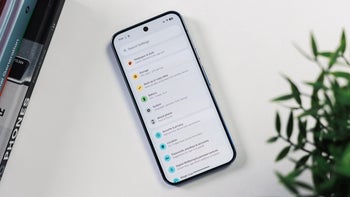Round Two: Musk's new lawsuit against OpenAI and Sam Altman goes federal

Instead of celebrating OpenAI's 10-year anniversary in 2025, Elon Musk and Sam Altman could face off each other in court. The Tesla boss has filed once again a lawsuit against OpenAI and its CEO Sam Altman – this time, the suit has been filed in a federal court (as opposed to a state court).
Back in 2015, co-founder and co-chair (Sam Altman and Elon Musk, respectively) were apparently on the same page about OpenAI, the company behind the world-famous ChatGPT platform.
Back then, Altman emphasized his trust in co-chair Elon Musk and their shared vision for safely distributing AI. However, Musk and Altman are now disputing the future of AI, as Musk has sued OpenAI in California, accusing Altman and others of deviating from the company's original altruistic mission by seeking commercial gain.
Back in February 2024, Elon Musk filed a lawsuit against OpenAI, but later withdrew it.
Now, the billionaire (Musk, I mean) is once again saying that OpenAI prioritizes profits and commercial interests over the public good.
The reason for the lawsuit to be filed in a federal court instead of state court is that Musk alleges that OpenAI violated federal racketeering laws by deceiving him. Musk's lawyer, Marc Toberoff, stated that the new lawsuit is much stronger than the previous one, which he described as ineffective.
The lawsuit accuses Altman and OpenAI co-founder Greg Brockman of misleading Musk when they founded the company. It claims that they reneged on a promise to make OpenAI's technology open source by giving Microsoft an exclusive license instead. Microsoft has invested billions into OpenAI's for-profit arm and owns 49% of it, with the FTC (Federal Trade Commission) reportedly investigating these business deals.
Additionally, Musk wants the court to determine if OpenAI has developed artificial general intelligence (AGI), an advanced form of AI comparable to the human brain. Altman mentioned in January that AGI might be achievable in the "reasonably close-ish future."
According to the lawsuit, OpenAI's contract with Microsoft states that if AGI is reached, OpenAI can no longer use the technology under the agreement. Musk argues that if the court finds AGI has been achieved, the contract with Microsoft should be nullified.
The company said that Musk and OpenAI had different views on how to acquire these resources, leading to Musk's departure and the eventual founding of his own AI company, xAI.
I'm sure some people, involved in the project, will make a lot of money – hey, that's the tech industry! However, I'm far more concerned with ChatGPT's potential for twisting the truth, hallucinating and being used as a propaganda tool, rather than who makes a few extra billions, or not.
Back then, Altman emphasized his trust in co-chair Elon Musk and their shared vision for safely distributing AI. However, Musk and Altman are now disputing the future of AI, as Musk has sued OpenAI in California, accusing Altman and others of deviating from the company's original altruistic mission by seeking commercial gain.
Now, the billionaire (Musk, I mean) is once again saying that OpenAI prioritizes profits and commercial interests over the public good.
The reason for the lawsuit to be filed in a federal court instead of state court is that Musk alleges that OpenAI violated federal racketeering laws by deceiving him. Musk's lawyer, Marc Toberoff, stated that the new lawsuit is much stronger than the previous one, which he described as ineffective.
Additionally, Musk wants the court to determine if OpenAI has developed artificial general intelligence (AGI), an advanced form of AI comparable to the human brain. Altman mentioned in January that AGI might be achievable in the "reasonably close-ish future."
According to the lawsuit, OpenAI's contract with Microsoft states that if AGI is reached, OpenAI can no longer use the technology under the agreement. Musk argues that if the court finds AGI has been achieved, the contract with Microsoft should be nullified.
Musk filed the original lawsuit in February but withdrew it in June, just before a judge was to rule on OpenAI's request to dismiss it, without explaining why. In response to the original lawsuit, OpenAI stated that its goal was to develop AGI for the public good, which required more resources than initially expected.
The company said that Musk and OpenAI had different views on how to acquire these resources, leading to Musk's departure and the eventual founding of his own AI company, xAI.
I'm sure some people, involved in the project, will make a lot of money – hey, that's the tech industry! However, I'm far more concerned with ChatGPT's potential for twisting the truth, hallucinating and being used as a propaganda tool, rather than who makes a few extra billions, or not.
Follow us on Google News













Things that are NOT allowed:
To help keep our community safe and free from spam, we apply temporary limits to newly created accounts: